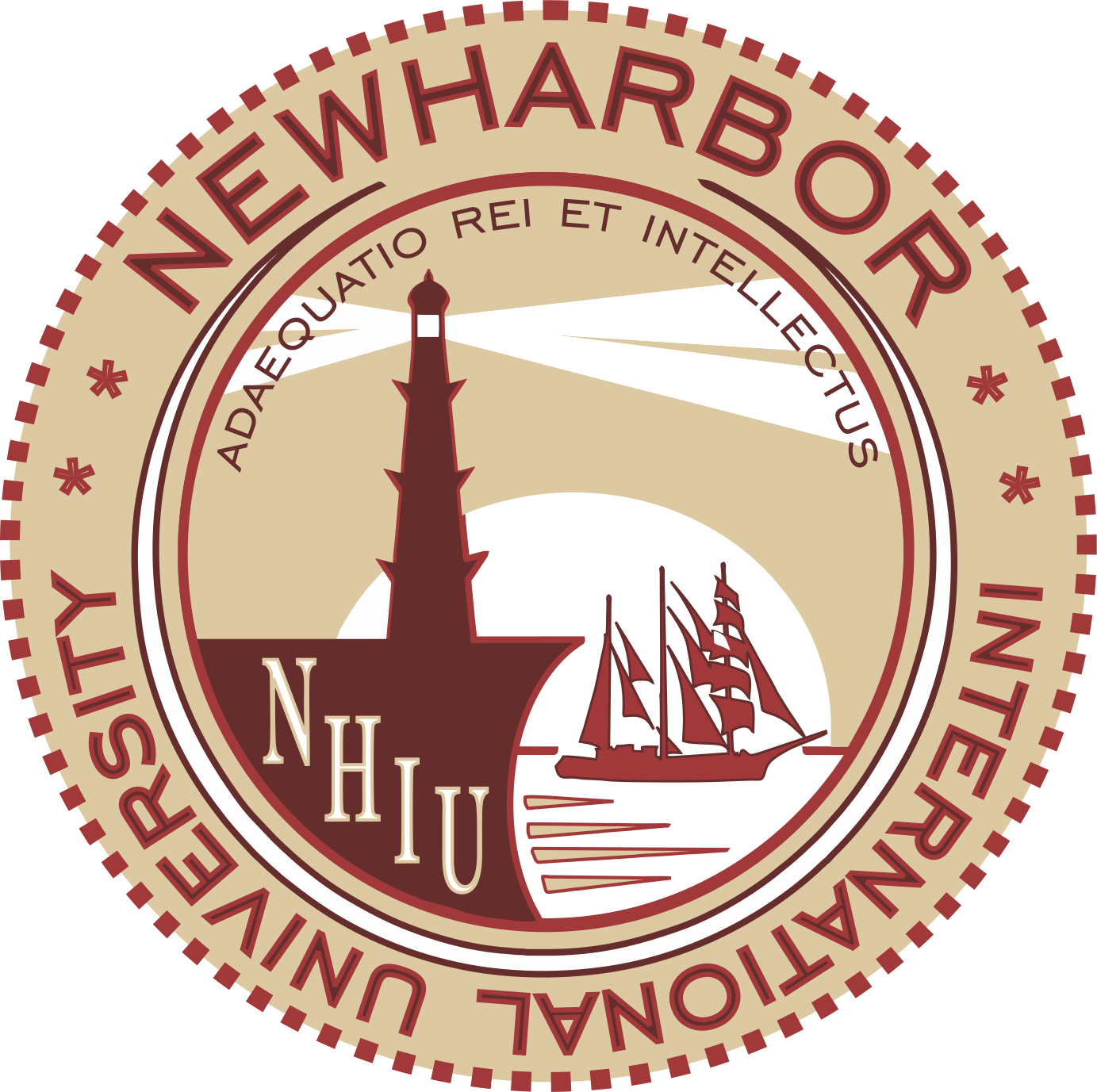
NEWHARBOR INTERNATIONAL UNIVERSITY
Adequatio Rei et Intellectus
Program Objectives:
The M.A. of Psychology program offered in the Department of Psychology is designed for self-motivated learners who wish to engage in a problem-centered approach to learning and to integrate personal development with their professional training. The curriculum fosters development of the analytical skills needed to understand complex human processes such as motivation, creativity, achievement, decision-making, leadership and integration of personal and social values.
The The MA Psychology program is designed to teach its learners how to interact with people as a health-care professionals. It provides students with a thorough understanding of the principles of psychology in its historical and cultural contexts and consitutes not only an empirical scientific study of human behavior but a solid foundation for a professional career in human services as well. The program aims at learners who wish to prepare and strengthen their academic record before enrolling into the Ph.D. or Psy.D. program. However, the program also serves as a step stone for learners who wish to start their careers in the industry, mental health-care environments and community organizations.
The basic goal of the program is to equip professionals with sufficient self-knowledge, skill and flexibility to adapt to new situations and create new professional forms to fit current and future social needs.
Learning Outcomes:
Upon successful completion of this program, students will be able :
-
to demonstrate knowledge and application of empirically valid psychological assessment methods in research and applied settings;
-
to demonstrate knowledge and understanding of individual and cultural differences in research and applied settings;
-
to apply and interpret advanced research designs and statistics.
-
to implement career development theories and techniques to issues and problems related to work and profession;
-
to address therapeutic problems of individuals by applying theory and techniques from multiple psychological orientations;
-
to demonstrate knowledge of ethical and related legal issues in the environment of psychotherapy and counseling and use problem-solving skills to resolve ethical dilemmas.
-
to apply theory and techniques to therapeutic problems and developmental challenges as related to marital, individual, and group interventions;
-
to implement assessment techniques to a variety of crisis issues and diagnostic concerns;
Admission Prerequisites:
Applicants to the MA in Human Behavior must have one of the following.
-
Bachelor's Degree in Psychology, Human Behavior or related Behavioral Science discipline from an acceptable institution with a minimum cumulative GPA of 2.0.
-
Completion of undergraduate work evaluated to be comparable to a Bachelor’s degree by a Credential Evaluation service in Human Behavior or a related Behavioral Science discipline. The applicant must have a minimum cumulative GPA of 2.0.
Program Requirements:
The M.A. degree in Psychology is a non-terminal degree program and requires a minimum of fifty-five (55) quarter units beyond the bachelor's degree. Students must complete a minimum of fourty-five (45) quarter units of graduate study while enrolled at Newharbor International University. Graduate students must complete their respective degree programs with a grade point average of B (3.0) or better. The Masters Degree is the first 55 units of the graduate program culminating in the Doctoral Degree.
The Master of Arts in Psychology (M.A.Psy) Curriculum:
Core Courses:
PSY 503: Physiological Psychology (5)
PSY 504: Human Sexuality (5)
PSY 505: Statistical Methods (5)
PSY 508: Professional Ethics and Laws (5)
PSY 510: Experimental Design & Research Methodology (5)

(*) Electives: (Select a minimum of 20 credits):
PSY 501: Learning Theories (5)
PSY 502: Human Biological, Psychological &
Sociological Development (5)
PSY 506: Psychological Tests & Measurements (5)
PSY 507: Psychopathology I (5)
PSY 515: Theories of Personality (5)
PSY 516: Social Psychology (5)
PSY 600: Marital Therapy (5)
PSY 601: Family Therapy (5)
PSY 603: Cross-cultural Mores and Values (5)
PSY 607: Child Psychology (5)
PSY 612: Alcohol and Drug Abuse Counseling (5)
PSY 694: Directed Study (5)
PSY 695: Independent Research & Presentation (5)
Graduation Assignment (Optional):
PSY 698: Thesis I (5)
PSY 699: Thesis II (5)
(*) Elective courses are selected from the 600 series which equally serve as the elective courses under the Doctor Psychology program. Courses taken to meet requirements of the Master’s degree cannot be applied to Doctoral requirements. In certain instances participants may select additional electives from the M.A. in Human Behavior degree program. The request for
access to alternative elective courses from a different program must be properly substantiated and should both contribute to
an improved matching of the student's personal goals and objectives as well as ensure that the overall program integrity is not harmed. In addition, selected elective courses may not have been previously taken and require permission by faculty advisor.

